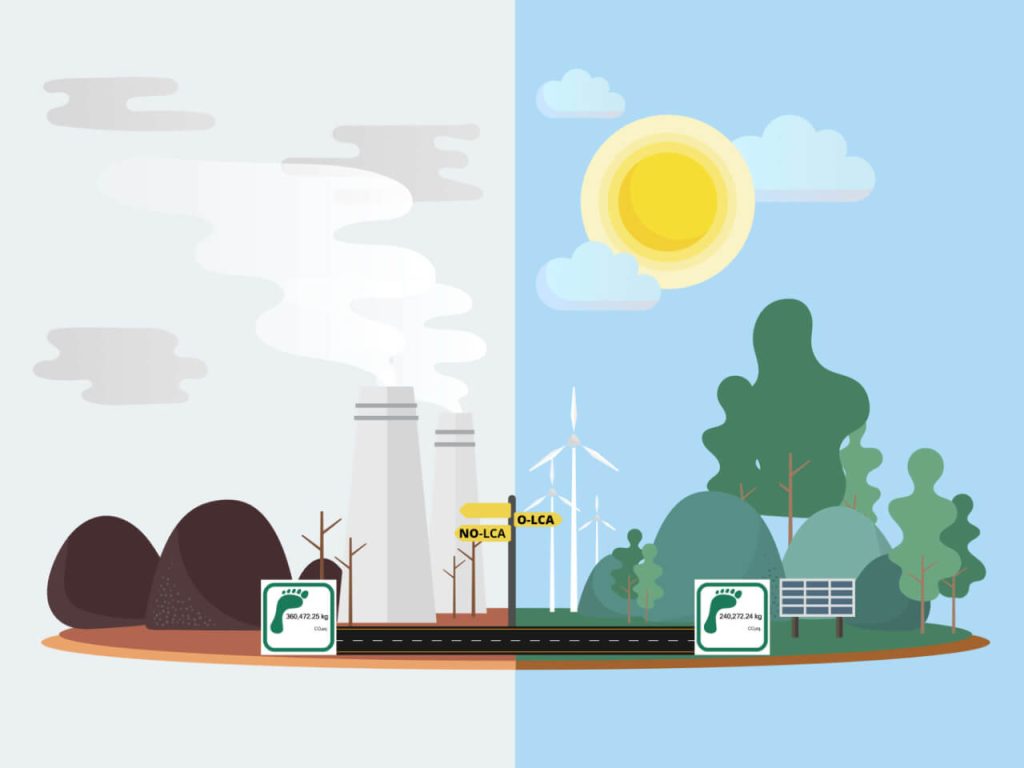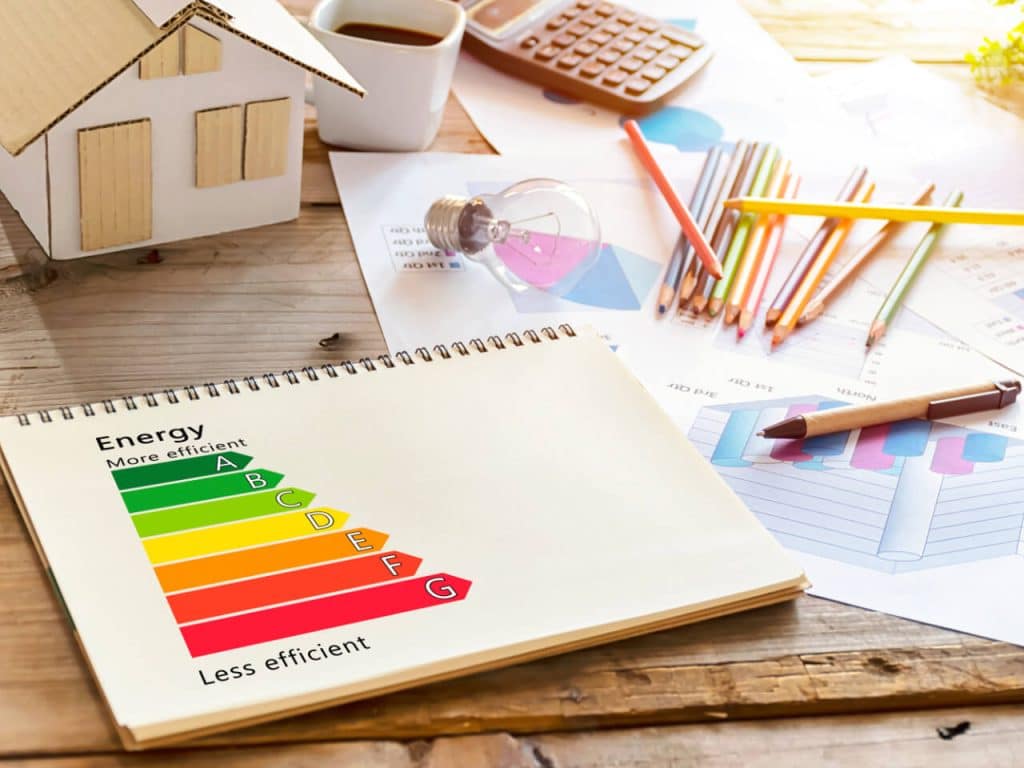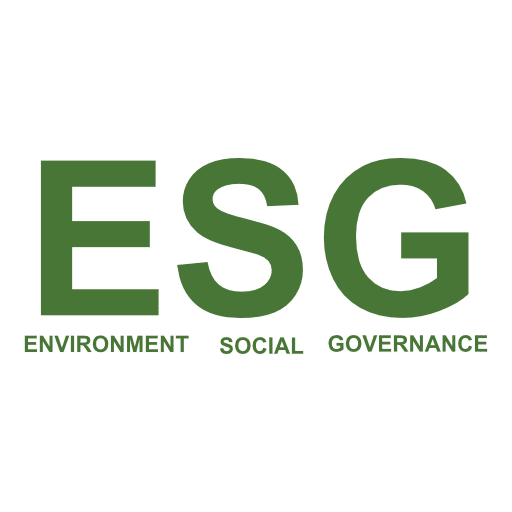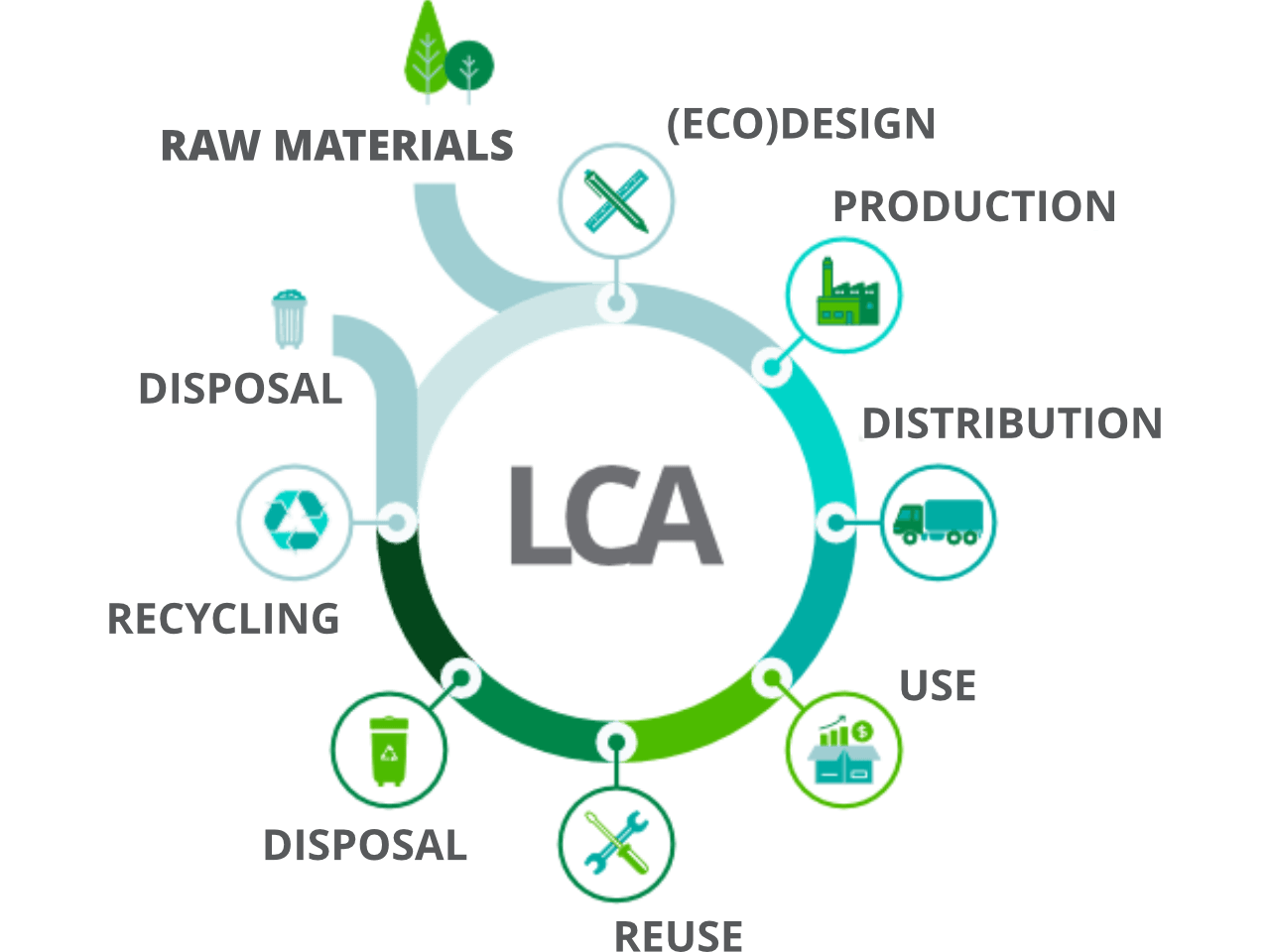New EU rules on corporate sustainability reporting – on environmental, social and governance (ESG) factors – will be phased in between 2024 and 2028.
Under the recently adopted Corporate Sustainability Reporting Directive (CSRD), more companies will be required to report on sustainability in the future, and the reporting criteria will be more detailed. The new rules will be introduced in three phases.
CSRD will be phased in in three stages, namely:
- In 2024 for companies already subject to the Non-Financial Reporting Directive or NFRD (reporting in 2025 for the 2024 financial year).
- In 2025 for large companies not currently subject to the NFRD (reporting in 2026 for the 2025 financial year).
- In 2026 for small and medium-sized listed enterprises, small and non-complex credit institutions and captive insurance undertakings (reporting in 2027 for the 2026 financial year).
The challenge here is timing!
- That the company prepares for reporting itself and designs a sustainable development plan with actions to be implemented in the next 2 years beforehand.
- That the company digitalises the capture of data specified in the ESG sustainable development plan.
The main challenge that comes for companies with the CSRD is therefore to prepare for specific and complex disclosures in a timely manner.To this end, companies are advised to start these activities as soon as possible, and to:
- determine whether and by when the company is covered by the scope of the CRSD;
- focus on the preparation of an ESG sustainability plan;
- carry out full diagnostics of the new qualitative and quantitative information they are required to prepare and disclose;
- monitor the development of EFRAG sustainability reporting standards, in particular sector-specific standards.
According to Article 19b of the CSRD proposal, companies will report in accordance with reporting standards i.e. European Sustainability Reporting Standards (ESRS), developed by the European Financial Reporting Advisory Group (EFRAG).
Sustainability reporting standards focus on three areas – environment (E), society (S), and governance (G), and each area’s subthemes:
- Environment (E): ESRS E1 – Climate change, ESRS E2 – Pollution, ESRS E3 – Water and marine resources, ESRS E4 – Biodiversity and ecosystems, ESRS E5 – Resource use and circular economy
- Society (S): ESRS S1 – Own workers, ESRS S2 – Workers in the value chain, ESRS S3 – Affected communities and ESRS S4 – Consumers and end users
- Governance (G): ESRS G1 – Governance, risk management and internal control, ESRS G2 – Business conduct.
ESG software
To make the preparation of ESG sustainability reports quicker and easier, it is a good idea to use appropriate software that simplifies the process of entering data into spreadsheets. Data can also be automatically transferred to the database using APIs.
Choose the right software for you and simplify data collection for your ESG sustainability reporting.
Our services:
- Mapping the current state.
- Selecting a matrix of ESRS indicators to be included in the final report.
- Preparing relevant spreadsheets for regular annual reporting.
- Producing an ESG sustainability report.
- Updating annual ESG sustainability reports with latest data.
- Consultancy on selecting suitable software.
Are you ready to make a change and reduce your company's environmental impact?
We have the experience and expertise to help you achieve impact on all three pillars of sustainability.




Pingback: Analiza OLCA na ravni celotne organizacije – Riso
Pingback: Trajnostni razvojni načrt ESG – Riso
Pingback: LCA analiza – kaj prinaša podjetju? – Riso